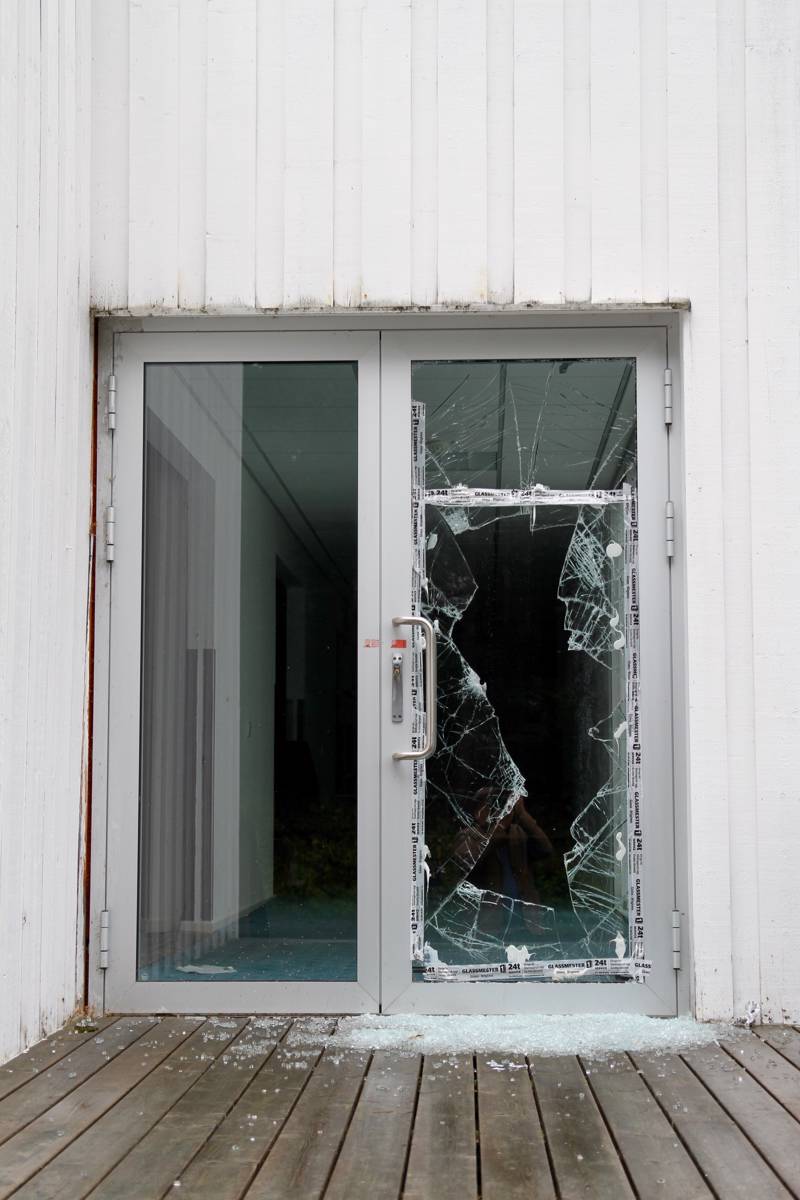
In the article, published in Journal of Political Ideologies, authors Fangen and Nilsen use social movement theory to understand interviews conducted with leaders of two Norwegian anti-Islamist groups and one neo-Nazi group, specifically to analyse their mobilizing ideas and proposed solutions to the problems they imagine, as well as whether they believe they have support in the general population. Furthermore, the article also analyses how the actors’ views relate to broader discourses in society. As a background to their analysis, the authors also refer to the larger landscape of far-right groups in Norway during past decades, as well as their equivalents in other European countries.
The article is open access and available here.





